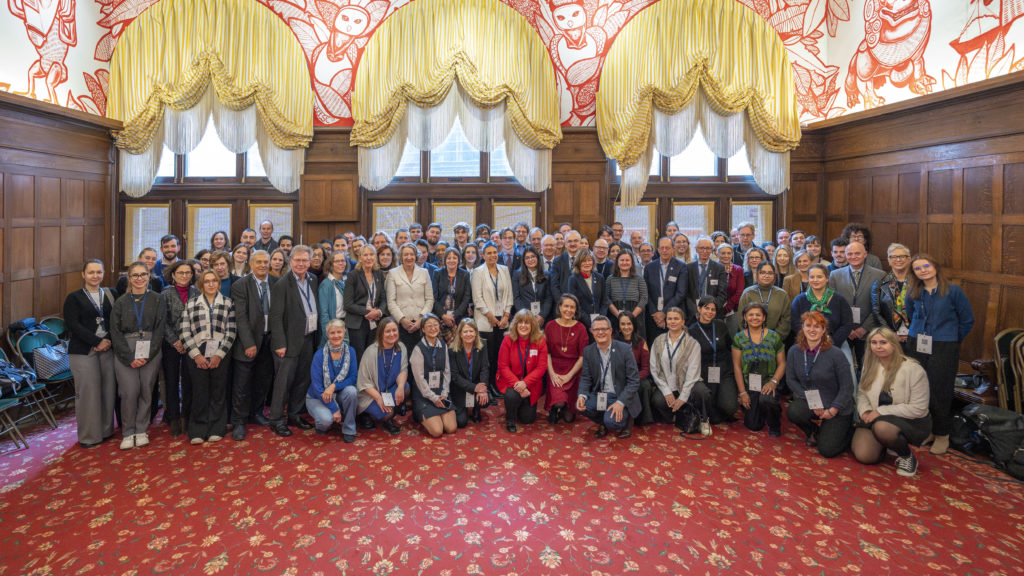Reinventing campus democracy – about democracy, openness and trust
28 November 2025
Professor Wilco Hazeleger, Rector, Utrecht University
Only days ago, I contributed to Reinventing Campus Democracy, the seminar celebrating 40 years of partnership within the Coimbra Group. More than a milestone, it was a moment to reflect on the role of universities in today’s world full of internal and external pressures.
As academic educators and researchers, we have a mission to work towards a better world. Universities, as open institutions in liberal democracies, embody this mission. Trust in science is still large, yet our role is increasingly contested. Facts are disputed, scientific knowledge is questioned, and polarisation brings deep divides on our campuses, mirroring society at large.
This was why the Coimbra Group in close collaboration with Utrecht University, and with support of the European Students’ Union (ESU), explored the theme of campus democracy. Democracy implies tolerance towards values, perspectives and opinions of others within a community, and a fundamental recognition of that community with its written and unwritten rules. In his keynote address at the seminar my predecessor, our former Utrecht University rector Henk Kummeling, brought forward that discomfort is unavoidable in democracy. He touched upon ideas like generous thinking, deep democracy and forbearance to overcome differences.
With like-minded universities in the Coimbra Group, Utrecht University continues to contribute to an open, safe and democratic society and a healthy, sustainable world. We do this by standing for openness, for transparency in how we produce and share knowledge, in dialogue with the many voices in our institutions and in society, even in a polarised and sometimes hostile environment.
In a community working with common values towards a shared mission, collaboration and therefore trust in one another is key. Trust is relational and dynamic. It implies a dependency and recognition of perspectives and expertise of the other, meaning that vulnerability and discomfort must be accepted. To maintain and increase trust within and outside universities the reciprocal relations between scientists and scholars within academia and the relation between science and society needs constant scrutiny. For my university I argue that this can be addressed with open science and open education.
Openness leads to transparent and therefore trustworthy science and stimulates an environment of collaboration. As universities, we must listen to and respond to the many voices on our campuses and in society at large, including polarised groups, and thus also accept broader criticism from those groups. It will take effort, but with openness and trust in each other, we can strengthen campus democracy and fulfill our missions in society.



